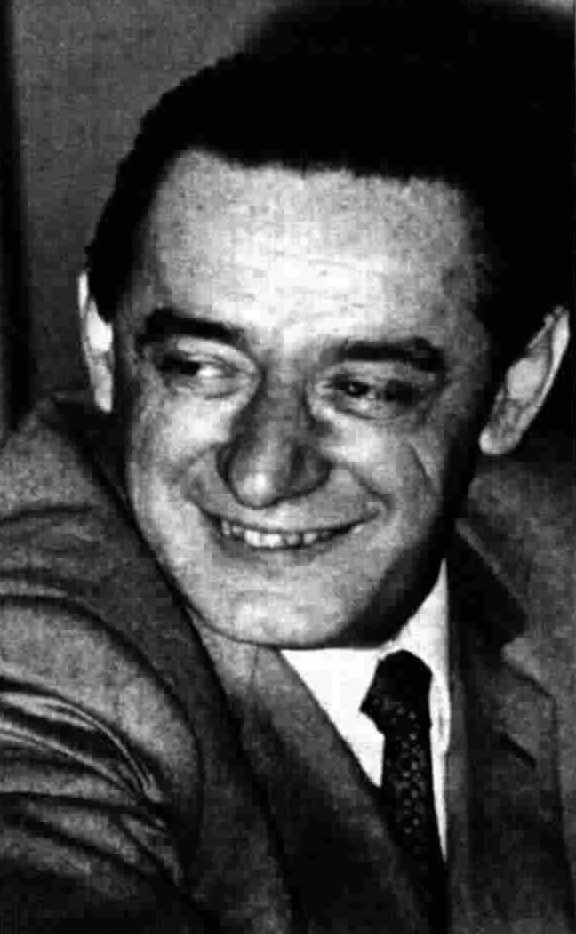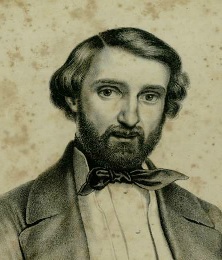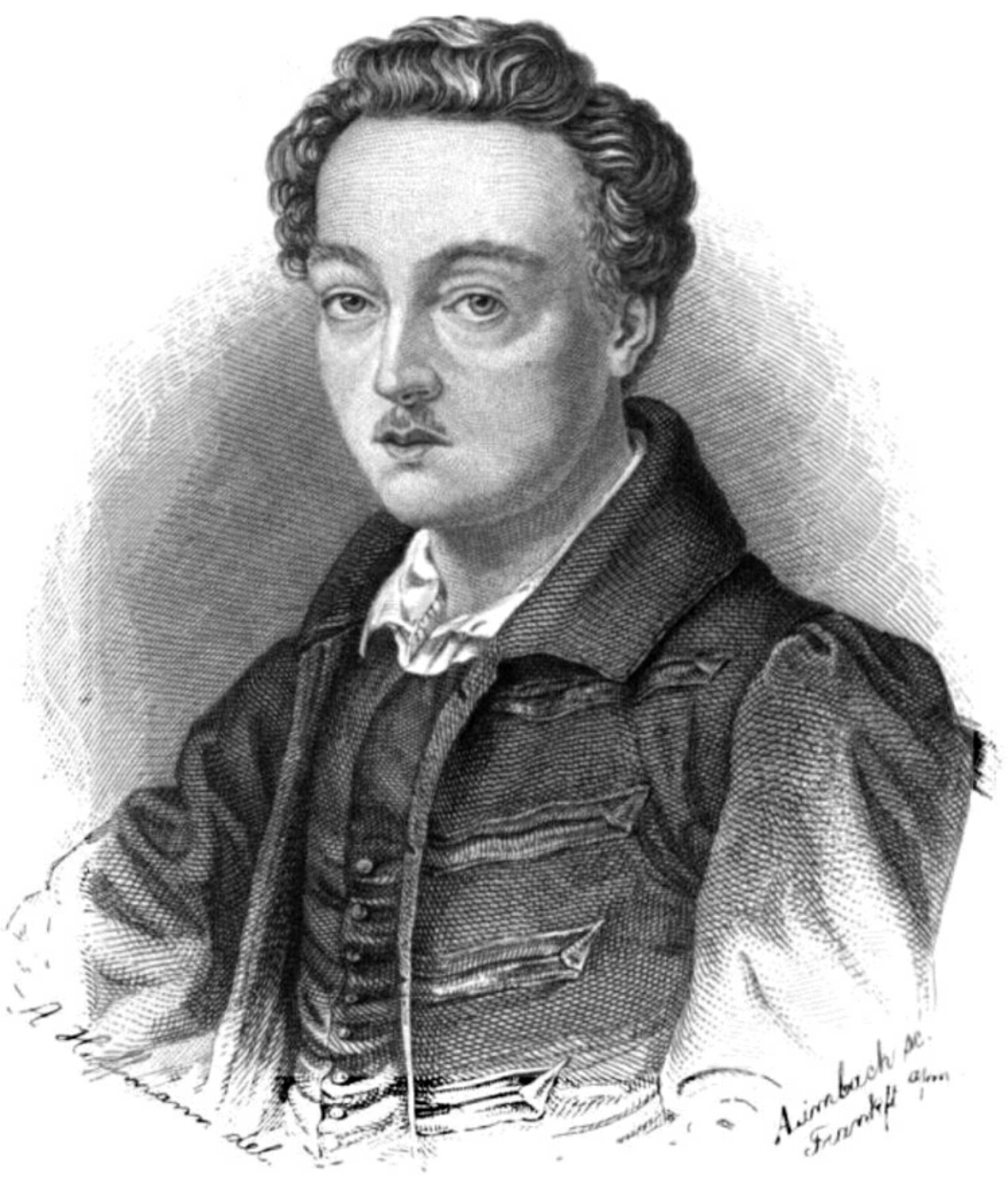|
Gabriella Gatti
Gabriella Gatti (5 July 1908 – 22 October 2003) was an Italian operatic soprano, primarily based in Italy and associated with the Italian repertory. Born Gabriella Pesci in Rome, where she studied voice and piano. She made her stage debut in 1934, at the Teatro dell'Opera di Roma in Monteverdi's ''Orfeo''. Thereafter she quickly appeared in all the major opera houses throughout Italy, most often in Rome and Florence, but also sang at the Teatro alla Scala in Milan, from 1938 to 1947. She was admired in roles such as; Countess Almaviva, Semiramide, Mathilde, Desdemona, etc. She sang Marie at the Italian premiere of ''Wozzeck'' in Rome, in 1942. She can be heard in a few recordings, notably in ''Le nozze di Figaro'', opposite Sesto Bruscantini, Alda Noni, Italo Tajo, and as Fenena in ''Nabucco''. Sources * ''Grove Music Online'', Rodolfo Celletti Rodolfo Celletti (1917–2004) was an Italian musicologist, critic, voice teacher, and novelist. Considered one of the leading sch ... [...More Info...] [...Related Items...] OR: [Wikipedia] [Google] [Baidu] |
Soprano
A soprano () is a type of classical female singing voice and has the highest vocal range of all voice types. The soprano's vocal range (using scientific pitch notation) is from approximately middle C (C4) = 261 Hz to "high A" (A5) = 880 Hz in choral music, or to "soprano C" (C6, two octaves above middle C) = 1046 Hz or higher in operatic music. In four-part chorale style harmony, the soprano takes the highest part, which often encompasses the melody. The soprano voice type is generally divided into the coloratura, soubrette, lyric, spinto, and dramatic soprano. Etymology The word "soprano" comes from the Italian word '' sopra'' (above, over, on top of),"Soprano" '' |
Le Nozze Di Figaro
''The Marriage of Figaro'' ( it, Le nozze di Figaro, links=no, ), K. 492, is a ''commedia per musica'' (opera buffa) in four acts composed in 1786 by Wolfgang Amadeus Mozart, with an Italian libretto written by Lorenzo Da Ponte. It premiered at the Burgtheater in Vienna on 1 May 1786. The opera's libretto is based on the 1784 stage comedy by Pierre Beaumarchais, '' La folle journée, ou le Mariage de Figaro'' ("The Mad Day, or The Marriage of Figaro"). It tells how the servants Figaro and Susanna succeed in getting married, foiling the efforts of their philandering employer Count Almaviva to seduce Susanna and teaching him a lesson in fidelity. Considered one of the greatest operas ever written, it is a cornerstone of the repertoire and appears consistently among the top ten in the Operabase list of most frequently performed operas. In 2017, BBC News Magazine asked 172 opera singers to vote for the best operas ever written. ''The Marriage of Figaro'' came in first out of ... [...More Info...] [...Related Items...] OR: [Wikipedia] [Google] [Baidu] |
Italian Operatic Sopranos
Italian(s) may refer to: * Anything of, from, or related to the people of Italy over the centuries ** Italians, an ethnic group or simply a citizen of the Italian Republic or Italian Kingdom ** Italian language, a Romance language *** Regional Italian, regional variants of the Italian language ** Languages of Italy, languages and dialects spoken in Italy ** Italian culture, cultural features of Italy ** Italian cuisine, traditional foods ** Folklore of Italy, the folklore and urban legends of Italy ** Mythology of Italy, traditional religion and beliefs Other uses * Italian dressing, a vinaigrette-type salad dressing or marinade * Italian or Italian-A, alternative names for the Ping-Pong virus, an extinct computer virus See also * * * Italia (other) * Italic (other) * Italo (other) * The Italian (other) * Italian people (other) Italian people may refer to: * in terms of ethnicity: all ethnic Italians, in and outside of Italy * i ... [...More Info...] [...Related Items...] OR: [Wikipedia] [Google] [Baidu] |
2003 Deaths
3 (three) is a number, numeral and digit. It is the natural number following 2 and preceding 4, and is the smallest odd prime number and the only prime preceding a square number. It has religious or cultural significance in many societies. Evolution of the Arabic digit The use of three lines to denote the number 3 occurred in many writing systems, including some (like Roman and Chinese numerals) that are still in use. That was also the original representation of 3 in the Brahmic (Indian) numerical notation, its earliest forms aligned vertically. However, during the Gupta Empire the sign was modified by the addition of a curve on each line. The Nāgarī script rotated the lines clockwise, so they appeared horizontally, and ended each line with a short downward stroke on the right. In cursive script, the three strokes were eventually connected to form a glyph resembling a with an additional stroke at the bottom: ३. The Indian digits spread to the Caliphate in the 9th ... [...More Info...] [...Related Items...] OR: [Wikipedia] [Google] [Baidu] |
1908 Births
Nineteen or 19 may refer to: * 19 (number), the natural number following 18 and preceding 20 * one of the years 19 BC, AD 19, 1919, 2019 Films * ''19'' (film), a 2001 Japanese film * ''Nineteen'' (film), a 1987 science fiction film Music * 19 (band), a Japanese pop music duo Albums * ''19'' (Adele album), 2008 * ''19'', a 2003 album by Alsou * ''19'', a 2006 album by Evan Yo * ''19'', a 2018 album by MHD * ''19'', one half of the double album ''63/19'' by Kool A.D. * ''Number Nineteen'', a 1971 album by American jazz pianist Mal Waldron * ''XIX'' (EP), a 2019 EP by 1the9 Songs * "19" (song), a 1985 song by British musician Paul Hardcastle. * "Nineteen", a song by Bad4Good from the 1992 album '' Refugee'' * "Nineteen", a song by Karma to Burn from the 2001 album ''Almost Heathen''. * "Nineteen" (song), a 2007 song by American singer Billy Ray Cyrus. * "Nineteen", a song by Tegan and Sara from the 2007 album '' The Con''. * "XIX" (song), a 2014 song by Slipkn ... [...More Info...] [...Related Items...] OR: [Wikipedia] [Google] [Baidu] |
Rodolfo Celletti
Rodolfo Celletti (1917–2004) was an Italian musicologist, critic, voice teacher, and novelist. Considered one of the leading scholars of the operatic voice and the history of operatic performance, he published many books and articles on the subject as well as several novels. Biography Celletti was born in Rome on 13 June 1917. He served in the Italian army from 1937 to 1943, and after World War II, took a degree in law from the University of Rome. He became a successful business executive in Milan, and then created a second career for himself as a (self-taught) musicologist and critic. For many years he was the music critic of the Italian weekly magazine ''Epoca'' and was a regular contributor to ''la Repubblica'', ''L'opera'', ''Nuova rivista musicale italiana'', ''Opera'', and ''Amadeus''. In addition to his articles in specialist publications and ''The New Grove Dictionary of Opera'', he published several books, most notably '' Le grandi voci'' (1964), at the time considered ... [...More Info...] [...Related Items...] OR: [Wikipedia] [Google] [Baidu] |
Nabucco
''Nabucco'' (, short for Nabucodonosor ; en, " Nebuchadnezzar") is an Italian-language opera in four acts composed in 1841 by Giuseppe Verdi to an Italian libretto by Temistocle Solera. The libretto is based on the biblical books of 2 Kings, Jeremiah, Lamentations and Daniel and the 1836 play by Auguste Anicet-Bourgeois and Francis Cornu. However, Antonio Cortese's ballet adaptation of the play (with its necessary simplifications), given at La Scala in 1836, was a more important source for Solera than the play itself. Under its original name of ''Nabucodonosor'', the opera was first performed at La Scala in Milan on 9 March 1842. ''Nabucco'' is the opera that is considered to have permanently established Verdi's reputation as a composer. He commented that "this is the opera with which my artistic career really begins. And though I had many difficulties to fight against, it is certain that ''Nabucco'' was born under a lucky star." The opera follows the plight of the Jews as t ... [...More Info...] [...Related Items...] OR: [Wikipedia] [Google] [Baidu] |
Italo Tajo
Italo Tajo (25 April 191528 March 1993) was an Italian operatic bass, particularly acclaimed for his Mozart and Rossini roles. Tajo was born in Pinerolo, Piedmont, Italy and studied violin and voice at the Music Conservatory of Turin with Nilde Stichi-Bertozzi. He made his stage debut in 1935, as Fafner (''Das Rheingold''), under Fritz Busch. At Busch's invitation, he followed him to Glyndebourne, where he became a member of the chorus, also appearing in comprimario roles. In 1939, he returned to Italy, where he became a member of the Rome Opera, in 1942 taking part in the Italian premiere of Berg's ''Wozzeck''. In 1940, he joined the Teatro alla Scala in Milan, where he sang regularly until 1956. He appeared with the Maggio Musicale Fiorentino in 1942, as Leporello in ''Don Giovanni'', a role he would sing numerous times during his career. In 1961, the bass performed in the world premiere of Luigi Nono's ''Intolleranza 1960'', in Venice. The war over, his career quickly took an ... [...More Info...] [...Related Items...] OR: [Wikipedia] [Google] [Baidu] |
Alda Noni
Alda Noni (30 April 1916 – 19 May 2011) was an Italian soprano leggiero, one of the leading soubrettes of the immediate postwar period. Born in Trieste, she first studied voice and piano in her native city, and completed her studies in Vienna. She made her professional debut in Ljubljana in 1937, as Rosina, later appearing in Zagreb and Belgrade. She sang at the Vienna State Opera from 1942 to 1946, in Mozart, Rossini and lighter Donizetti roles, such as: Susanna, Zerlina, Despina, Adina, Norina. She was chosen by Richard Strauss himself, to sing Zerbinetta in 1944, to celebrate his 80th birthday. She sang widely in Italy, both on stage and on radio broadcast, where she was admired in opera by Cimarosa, Paisiello, and Fioravanti, often partnering Cesare Valletti and Sesto Bruscantini. She also appeared in London, 1946, Glyndebourne, 1949, and made her Paris Opéra debut in 1951, as Oscar, later singing Nanetta. She retired from the stage in 1955. She can be heard i ... [...More Info...] [...Related Items...] OR: [Wikipedia] [Google] [Baidu] |
Sesto Bruscantini
Sesto Bruscantini (10 December 1919 – 4 May 2003) was an Italian baritone, one of the greatest buffo singers of the post-war era, especially renowned in Mozart and Rossini. Biography and career Bruscantini was born in Civitanova Marche, Marche, Italy. After obtaining a law degree, he turned to vocal studies in Rome, with Luigi Ricci at the Accademia Nazionale di Santa Cecilia. He won a vocal contest organized by RAI in 1947 and made his debut at La Scala in Milan in 1949, as Geronimo in Cimarosa's ''Il matrimonio segreto''. Bruscantini rapidly established himself in buffo roles in opera by Mozart and Rossini such as ''Le nozze di Figaro'', ''Don Giovanni'', ''Cosi fan tutte'', ''Il turco in Italia'', ''L'italiana in Algeri'', ''Il barbiere di Siviglia'', ''La Cenerentola'' but also in works by Donizetti such as ''L'elisir d'amore'', ''La fille du régiment'' and ''Don Pasquale''. In some of these works he often alternated roles, from Figaro to the Count in ''Nozze'', Guglielmo ... [...More Info...] [...Related Items...] OR: [Wikipedia] [Google] [Baidu] |
Wozzeck
''Wozzeck'' () is the first opera by the Austrian composer Alban Berg. It was composed between 1914 and 1922 and first performed in 1925. The opera is based on the drama ''Woyzeck'', which the German playwright Georg Büchner left incomplete at his death. Berg attended the first production in Vienna of Büchner's play on 5 May 1914, and knew at once that he wanted to base an opera on it. (At the time, the play was still known as ''Wozzeck'', due to an incorrect transcription by Karl Emil Franzos, who was working from a barely-legible manuscript; the correct title would not emerge until 1921.) From the fragments of unordered scenes left by Büchner, Berg selected 15 to form a compact structure of three acts with five scenes each. He adapted the libretto himself, retaining "the essential character of the play, with its many short scenes, its abrupt and sometimes brutal language, and its stark, if haunted, realism..." The plot depicts the everyday lives of soldiers and the townspeopl ... [...More Info...] [...Related Items...] OR: [Wikipedia] [Google] [Baidu] |
Italy
Italy ( it, Italia ), officially the Italian Republic, ) or the Republic of Italy, is a country in Southern Europe. It is located in the middle of the Mediterranean Sea, and its territory largely coincides with the homonymous geographical region. Italy is also considered part of Western Europe, and shares land borders with France, Switzerland, Austria, Slovenia and the enclaved microstates of Vatican City and San Marino. It has a territorial exclave in Switzerland, Campione. Italy covers an area of , with a population of over 60 million. It is the third-most populous member state of the European Union, the sixth-most populous country in Europe, and the tenth-largest country in the continent by land area. Italy's capital and largest city is Rome. Italy was the native place of many civilizations such as the Italic peoples and the Etruscans, while due to its central geographic location in Southern Europe and the Mediterranean, the country has also historically been home ... [...More Info...] [...Related Items...] OR: [Wikipedia] [Google] [Baidu] |




